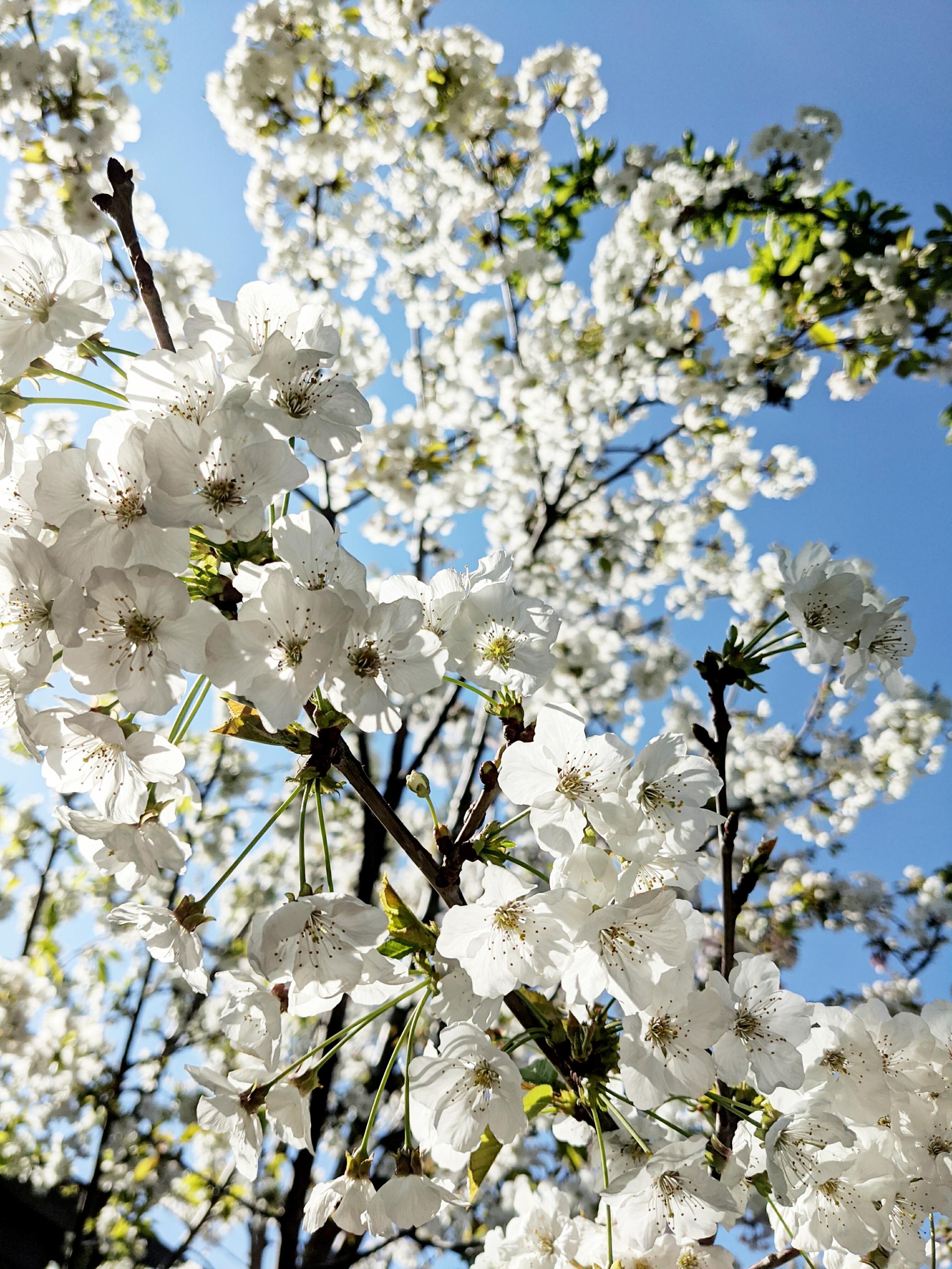Work and life balance in academia

White flowers
Content warning - this blog explores grief and loss. Please be mindful if this is a difficult topic for you. A range of services are available to you and can be found on the Wellbeing Hub.
I recall the 2020 Florey Postgraduate conference in its new format - virtual. I am slowly getting used to this new way of doing things, even though there are some aspects where face-to-face would still be irreplaceable. I found the professional development sessions especially valuable this year. One session was particularly powerful I felt, in that its takeaway points reverberated beyond postgraduate life.
The speaker, an accomplished and inspiring academic, agreed that work is a big part of our lives, so much so that being unemployed has been shown to affect mental health. She also told us the story of Vere Gordon Childe and how in the end he said, ‘as one grows older, useful work becomes impossible and without work, life is meaningless’. She then asked us to ponder on these questions:
Take away your job - what do you have left? How do you feel about what you have left?
Understandably there is a hierarchy of needs; food, shelter, water. Let’s assume that I have all my basic needs. If I took away my job, what would I have left? I would still have family, friends, my passions, my integrity and so on. The speaker reminded us all that life is more than work and to find the crucial difference between working to live rather than living to work. The fundamental difference in academia is that we do not really perceive working late in the laboratory or in the library as overtime as we are pursuing a passion. Still, just because we love what we do, it doesn’t mean we need to be doing it all the time.
In addition to having had this opportunity to reflect on work-life balance, recent news of loss and mourning have enabled a clearer perspective on jobs and money, work and meaning, time and terminality. Again, jobs and money are critical factors in enabling one to have a good life, food and shelter, but above a certain threshold it doesn’t always guarantee joy, peace, connection, and meaning.
A friend is grieving the loss of his baby son who passed just a few days after he was delivered. Another friend is mourning the sudden death of a family member and is unable to attend the funeral because of travel restrictions. I have a friend battling cancer. She has battled for a few years now and has recently been told there is nothing more they can do. I try and imagine the unimaginable, what I would be thinking and feeling if I knew I didn’t have very long. These thoughts are just mine - I don’t think I would be wishing I did more overtime or obsessed about promotions. I think I would want my colleagues to feel like I was a hardworking teammate who did good work. I think I would want to be remembered more for the unpaid work that I did. In the remaining time I had left, the things that matter would not be pride in the material things I accumulated. The things that would matter would be how I treated others, how I treated myself, how much I loved, how I helped others, how I contributed, the quality and the genuineness of the relationships I nurtured. When I remember friends and family who have passed, I recall how generous they were with their time, their selves, how they enriched my life with their friendship.
Tell me, what else should I have done? Doesn’t everything die at last, and too soon? Tell me, what is it you plan to do with your one wild and precious life?Mary Oliver
Note: If you are grieving a loss, please reach out and contact Counselling Support.
